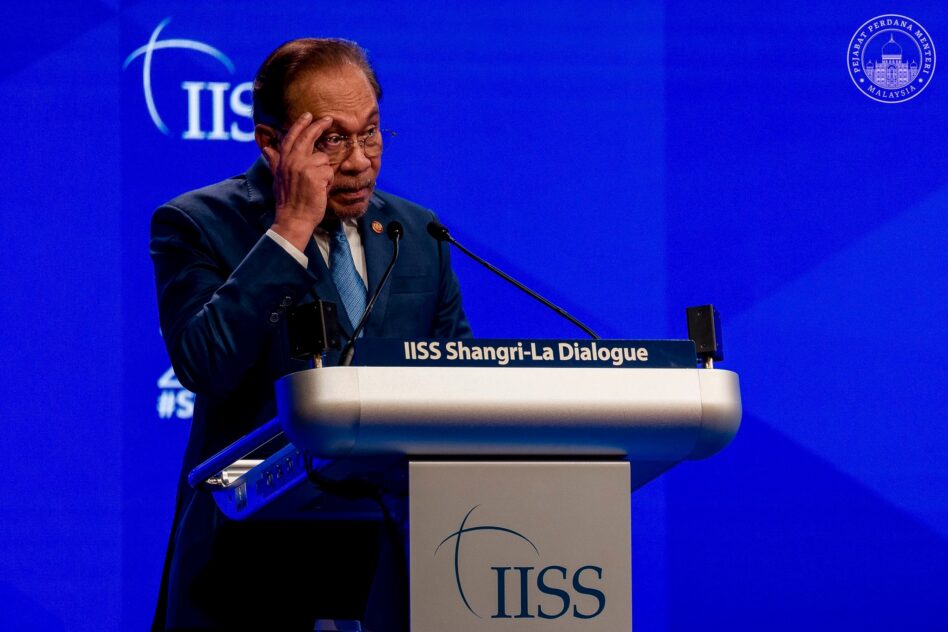WHILE the prevalence of illicit cigarettes has declined for the first time since 2014, the Government should not rest on its laurels but instead shift to a higher gear to eradicate this endemic that has weighed down the country’s socio-economic growth.
The Retail and Trade Brands Advocacy Malaysia Chapter (RTBA) said this in response to recent news by the Confederation of Malaysian Tobacco Manufacturers that the country’s illicit cigarettes prevalence stands at 57.3% in 2021 – a decrease of 6.5% as compared to 63.8% in 2020.
“The decline of 6.5% is an indication that measures put in place by the Government in Budget 2021 can shift the needle on this problem that causes the Government to lose up to RM5 bil annually in uncollected taxes,” said RTBA Malaysia managing director Datuk Fazli Nordin.
“Nevertheless, a 57.3% prevalence remains too high against international standards. If we are to benchmark against our neighbours, Singapore’s illicit cigarettes prevalence is only at 13.8% in 2017 while in Thailand, and the Philippines were at 5.5% and 6.5% respectively in 2017.”
According to the advocacy group that protects businesses in the Asia-Pacific region from criminal conduct criminal syndicates remain active in smuggling illicit cigarettes into the country, as evidenced by several high-profile busts recently.
“Clearly, much more work needs to be done,” Fazli remarked.
Commenting on a recent news report that quoted the Director-General of the Royal Malaysian Customs as saying that illicit cigarette prevalence has come down because of excise duties imposed (on cigarettes in Duty-Free Islands), Fazli noted that taxing cigarettes in duty-free areas is just one of the measures in Budget 2021 that had led to a decline in illicit cigarettes prevalence.
“RTBA Malaysia believes that it was the collection of measures including the transhipment restrictions that had an impact,” he noted.
“Moving forward, the Government must now focus on maintaining policy stability including sustaining excise duty moratorium, transhipment restrictions as well as close collaboration between industry players and Government.”
Eradicating the problem once and for all
Fazli went on to propose that enforcement be increased especially in coastal areas to address the continuous smuggling activities.
“It is equally important to conduct an in-depth regulatory and economic impact analysis and engage with key stakeholders before introducing any policies like the ban cigarettes for anyone born after 2005,” he added.
According to Fazli, the relevant ministries must also work hand-in-glove with enforcement agencies to eradicate the problem.
“Illicit cigarettes problem is not just an enforcement issue. Before the Health Ministry (MOH) tries to implement and enforce lofty regulations to ban cigarettes and vape for the next generation it should first look into enforcing and penalising cigarette products that are sold below the minimum rate of RM12 which is a law introduced by MOH,” he opined.
“By playing a more pro-active role, MOH can help curtail cheap illicit cigarettes that contradicts the national health agenda.” – March 18, 2022
Main photo credit:The Star









